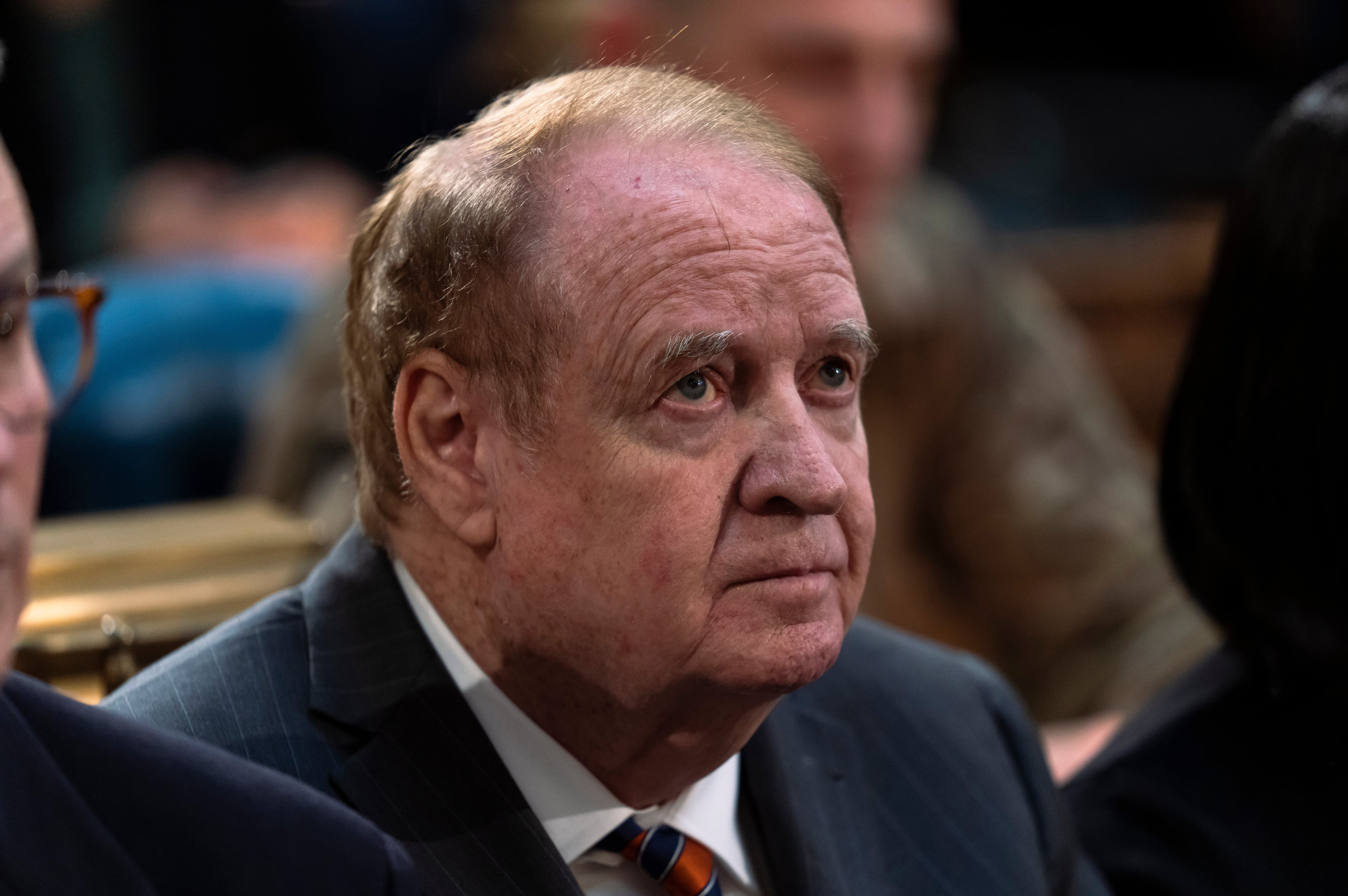Supreme Court puts off election-year decision on Obamacare
The Supreme Court refused Tuesday to take up another challenge to the Affordable Care Act, leaving the health care law known as Obamacare intact but still under legal challenge.
Instead, without comment or dissent, the justices turned away appeals from the California attorney general and House Democrats who sought a speedy ruling in a pending lawsuit in Texas that has the backing of the Trump administration.
Democrats say the Texas lawsuit threatens the 2010 law and its protections for millions of Americans with preexisting medical conditions. They wanted the high court, which has twice upheld the law, to knock down this latest challenge.
They also hoped the legal challenge would put an election-year spotlight on the Trump administration’s continued effort to strike down the Affordable Care Act.
But Trump’s lawyers had urged the court to stand aside for now while the lawsuit moves slowly in the lower courts. They argued that since nothing has been decided in the lower courts, there was no reason for the Supreme Court to intervene now.
In 2012, the health care law survived its greatest challenge when Chief Justice John G. Roberts Jr. joined with the court’s four liberals to uphold the measure. He said then that Congress had the constitutional power to impose a small tax on those who refused to obtain health insurance.
In 2017, the Republican-controlled Congress reduced the tax penalty to zero but failed to make other changes in the law. While that congressional action appeared to end the threat to the law itself, the Texas attorney general filed a suit in a conservative district near Fort Worth and argued the entire law should be struck down as unconstitutional because the tax penalty had been voided.
A federal judge agreed and issued a sweeping ruling to void the law, but his decision was put on hold. After a yearlong review, the 5th U.S. Circuit Court of Appeals sent the case back to the district judge to reconsider the sweep of his decision.
That review will now continue in the lower courts.
SCOTUS's decision not to expedite the GOP case against the Affordable Care Act is disappointing. While Republicans continue to sabotage the #ACA, House Democrats will continue to fight to improve access to quality, affordable health care for all Americans. https://t.co/ufadLGJgny
— Steny Hoyer (@LeaderHoyer) January 21, 2020
Make no mistake, Obamacare is on the ballot this November. Coverage for millions of Americans and protections for pre-existing conditions are on the ballot.
— Joe Biden (Text Join to 30330) (@JoeBiden) January 21, 2020
We have to protect the progress we've made and show up to the polls to defend the Affordable Care Act. https://t.co/tWaiPrVAKr
Also notable
The Supreme Court on Tuesday also refused to get involved in a dispute about judges' authority to order the disclosure of secret grand jury material in rare circumstances.
The court turned away an appeal from an 82-year-old researcher who is seeking grand jury records from the late 1950s.
The justices' order does not affect an ongoing court battle over House Democrats’ quest for access to grand jury materials from special counsel Robert Mueller's investigation. The Mueller grand jury fight turns on the House's argument that it is entitled to the records as part of President Donald Trump's impeachment inquiry, which it contends is a judicial proceeding. Rules that govern the federal courts specifically allow disclosure for a judicial proceeding.
The issue in the case that the justices rejected is whether federal judges have authority on their own to make exceptions to grand jury secrecy in some instances, including when a case is of great historical interest.

